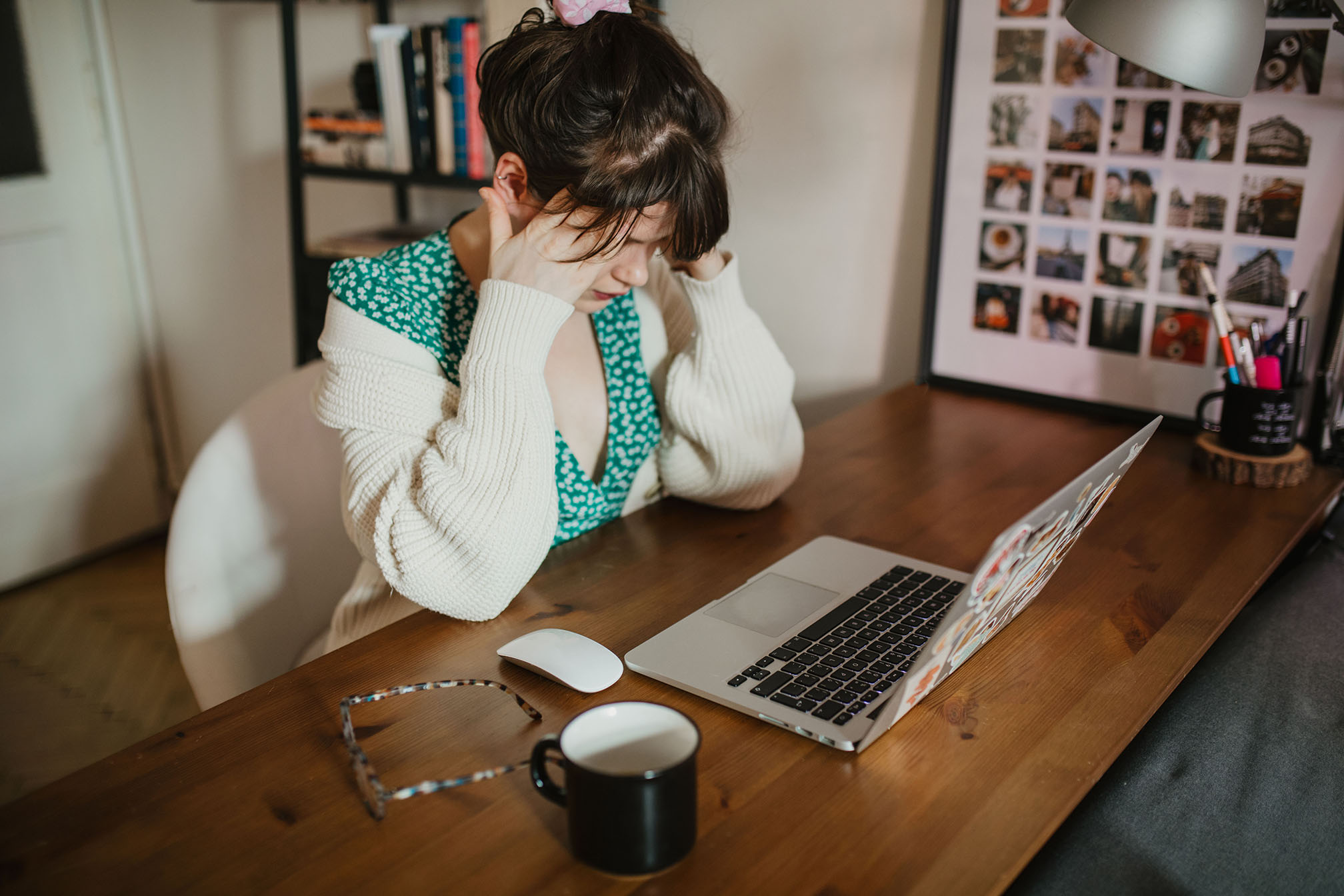
Anxiety can be a crippling mental health condition when experienced. It’s important to remember you don’t have to live this way. You also aren’t alone. Over 31% of Americans experience anxiety at some point in their life. Anxiety can affect women (23.4%) more than men (14.3%) over the age of 18. It can also affect young adults in high numbers. With the way the world looks today, is it any wonder anxiety is high?
What is anxiety?
Anxiety is a sudden intense feeling of fear, dread, or uneasiness. It can be a completely normal reaction to stress. However, it can cause disruptions to your daily life if the feelings become too extreme. It can cause symptoms sweating, feeling tense, or even a rapid heart rate and breathing.
Despite anxiety being the most common mental health condition, only about 37% of those affected seek treatment. While anxiety doesn’t go away, there may be help found in cognitive behavioral therapy.
What is cognitive behavioral therapy for anxiety?
Cognitive behavioral therapy is a form of psychological treatment. It is used effectively for a number of mental health issues, including anxiety. Cognitive behavioral therapy is the gold standard of the psychology field. It can be highly effective for helping with anxiety.
Cognitive behavioral therapy for anxiety has three core principles:
Problems of anxiety can be caused in part by unhelpful ways of thinking.
Problems of anxiety can be caused in part by unhelpful behaviors and learned patterns.
Cognitive behavioral therapy can help you learn better coping skills to help relieve symptoms and improve your life.
Cognitive behavioral therapy has two commonly used methods for anxiety:
Exposure therapy — Exposure therapy is used to change the fear structure by triggering it and helping to provide coping skills. This is done in limited durations and completed in about 10 sessions. It is a well documented treatment for anxiety. It can be considered the treatment of choice.
Cognitive therapy — Cognitive therapy is the belief that the thoughts, feelings, and behavior are interrelated. Changing those thoughts through changing behavior are used in conjunction with behavioral techniques. It is a time limited treatment used in about 20 sessions or less. It focuses on solving the main problems causing anxiety during sessions. It can be beneficial when used with relaxation techniques.
Cognitive behavioral therapy techniques that can help your anxiety
Different kinds of anxiety respond better to one or the other of exposure and cognitive therapy techniques. In both methods, there are techniques which can be beneficial in helping your anxiety. Some techniques include:
Relaxation techniques — Relaxation techniques can help reduce stress and help you think more clearly. They are tools you can use anywhere when you are feeling anxious.
Behavioral activation — Behavioral activation has you schedule things that make you nervous, setting them in place so you no longer have to worry about them. If you’re dreading making an appointment, you no longer have to deal with the dread once the appointment has been made.
Journaling — Journaling can help you get in touch with and bring awareness to your thoughts and feelings. It can also help you clarify and organize your thoughts. Journaling can give you a way to release your anxieties physically.
Behavioral experiments — Behavioral experiments have you take your worst case scenarios and what could happen thinking and discuss them with your therapist. Over time, it can help you see if the worst case scenario came to be and can eventually help break the cycle of worst case thinking.
Your therapist may encourage you to try these exercises to further grow your coping skills at home. These exercises can be beneficial to your coping skills developments:
Do the opposite of how your anxiety makes you feel.
Make a list of your anxious thoughts.
Make a list of your behaviors you want to change.
Use positive affirmations to yourself.
Be kind to yourself.
Anxiety can be a challenge to live with. Cognitive behavioral therapy can offer steps for you to take control back over your life. With the help of a therapist, you can live your best life. However, don’t settle with just any therapist. Make sure you are comfortable with your choice of therapist and remember there is nothing wrong with changing to a different therapist if it’s not a right fit.








